The exterior of a building serves as its first impression, making it crucial to create a visually appealing and durable façade. One increasingly popular option for achieving both style and longevity is the installation of a rock facade. This article will delve into the benefits, types, and considerations surrounding rock facades for exteriors. Benefits of Rock Facade for Exteriors: 1. Durability: Rock facades offer exceptional resistance to weather elements, including extreme temperatures, UV radiation, and moisture.
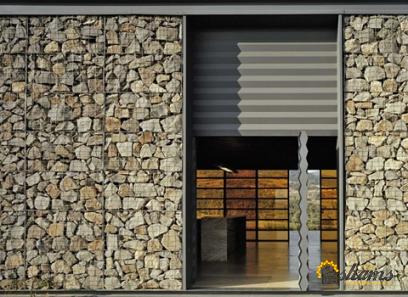
.
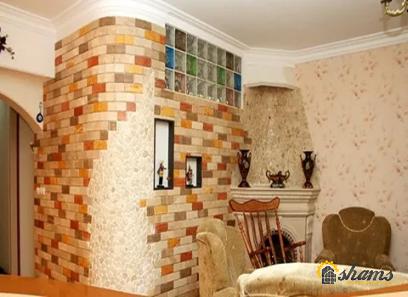 This durability ensures that the façade remains intact and visually appealing for years, reducing maintenance and repair costs. 2. Visual Appeal: Rock facades impart a timeless and sophisticated aesthetic to any building. The natural patterns and textures of various types of stone can elevate the overall appearance and create a sense of elegance. Types of Rock Facade: 1. Natural Stone Facade: This type involves using natural stone, such as granite, limestone, or sandstone, to create a visually striking and unique exterior.
This durability ensures that the façade remains intact and visually appealing for years, reducing maintenance and repair costs. 2. Visual Appeal: Rock facades impart a timeless and sophisticated aesthetic to any building. The natural patterns and textures of various types of stone can elevate the overall appearance and create a sense of elegance. Types of Rock Facade: 1. Natural Stone Facade: This type involves using natural stone, such as granite, limestone, or sandstone, to create a visually striking and unique exterior.
..
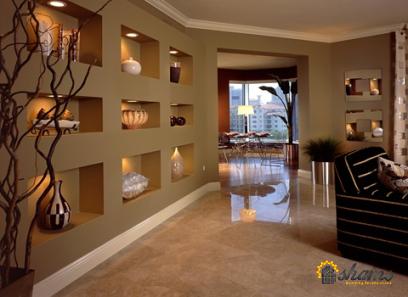 Natural stone facades offer a wide range of colors, patterns, and textures, ensuring a personalized and authentic look. 2. Manufactured Stone Facade: This alternative uses a combination of cement, aggregates, and pigments to mimic the appearance and texture of natural stone. Manufactured stone facades offer greater affordability and consistency in color and pattern while still providing an attractive end result. Considerations for Rock Facade Installation: 1. Structural Considerations: Before installing a rock facade, it is essential to evaluate the structural integrity of the building. Consultation with a structural engineer ensures that the structure can support the additional weight of the chosen rock facade material.
Natural stone facades offer a wide range of colors, patterns, and textures, ensuring a personalized and authentic look. 2. Manufactured Stone Facade: This alternative uses a combination of cement, aggregates, and pigments to mimic the appearance and texture of natural stone. Manufactured stone facades offer greater affordability and consistency in color and pattern while still providing an attractive end result. Considerations for Rock Facade Installation: 1. Structural Considerations: Before installing a rock facade, it is essential to evaluate the structural integrity of the building. Consultation with a structural engineer ensures that the structure can support the additional weight of the chosen rock facade material.
…
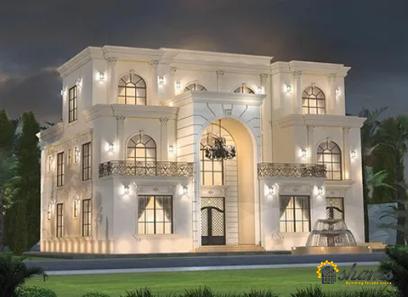 2. Installation Process: Depending on the type of rock facade, installation methods differ. Natural stone may require specialized cutting and shaping, whereas manufactured stone is relatively easier to install. Engaging professionals experienced in rock facade installation can help ensure proper installation and longevity of the façade. 3. Maintenance: To maintain the attractiveness and integrity of the rock facade, periodic cleaning and sealing are necessary. The type of stone used will dictate the specific maintenance requirements, such as avoiding acidic cleaning agents on limestone facades. Conclusion: Rock facades for exteriors combine durability and visual appeal, offering an array of benefits for building owners. Natural stone and manufactured stone facades can transform any ordinary building into a distinctive and eye-catching structure. By considering the structural requirements and engaging professionals for installation and maintenance, a rock facade can enhance the overall exterior aesthetics and leave a lasting impression for years to come.
2. Installation Process: Depending on the type of rock facade, installation methods differ. Natural stone may require specialized cutting and shaping, whereas manufactured stone is relatively easier to install. Engaging professionals experienced in rock facade installation can help ensure proper installation and longevity of the façade. 3. Maintenance: To maintain the attractiveness and integrity of the rock facade, periodic cleaning and sealing are necessary. The type of stone used will dictate the specific maintenance requirements, such as avoiding acidic cleaning agents on limestone facades. Conclusion: Rock facades for exteriors combine durability and visual appeal, offering an array of benefits for building owners. Natural stone and manufactured stone facades can transform any ordinary building into a distinctive and eye-catching structure. By considering the structural requirements and engaging professionals for installation and maintenance, a rock facade can enhance the overall exterior aesthetics and leave a lasting impression for years to come.

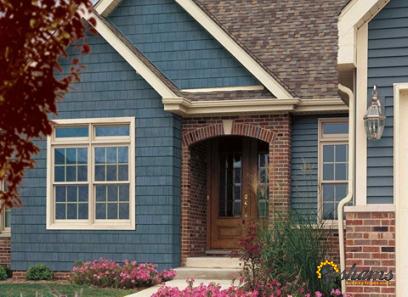
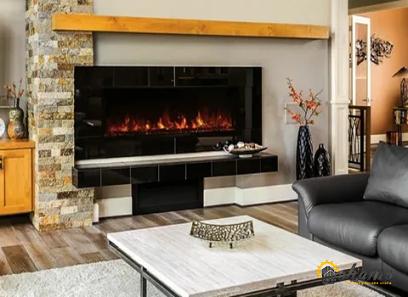
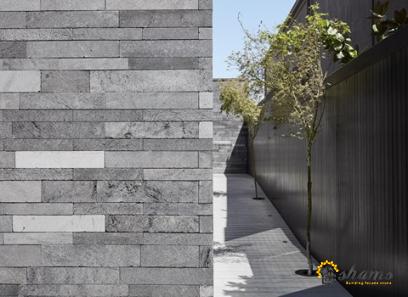
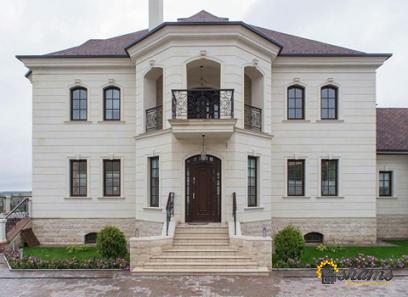
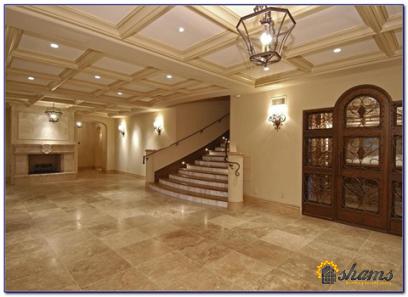

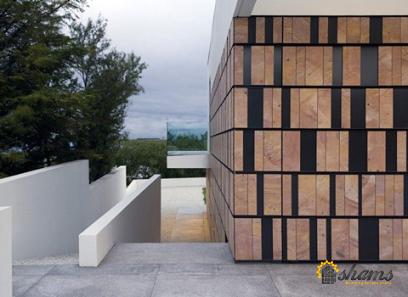
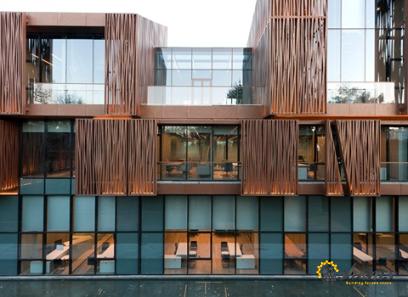
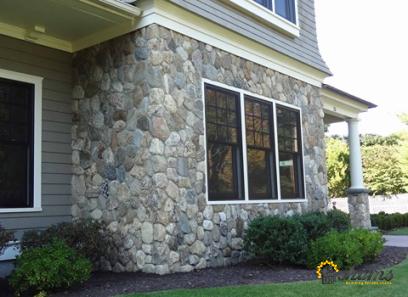
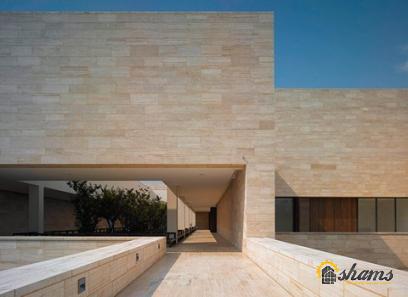
Your comment submitted.